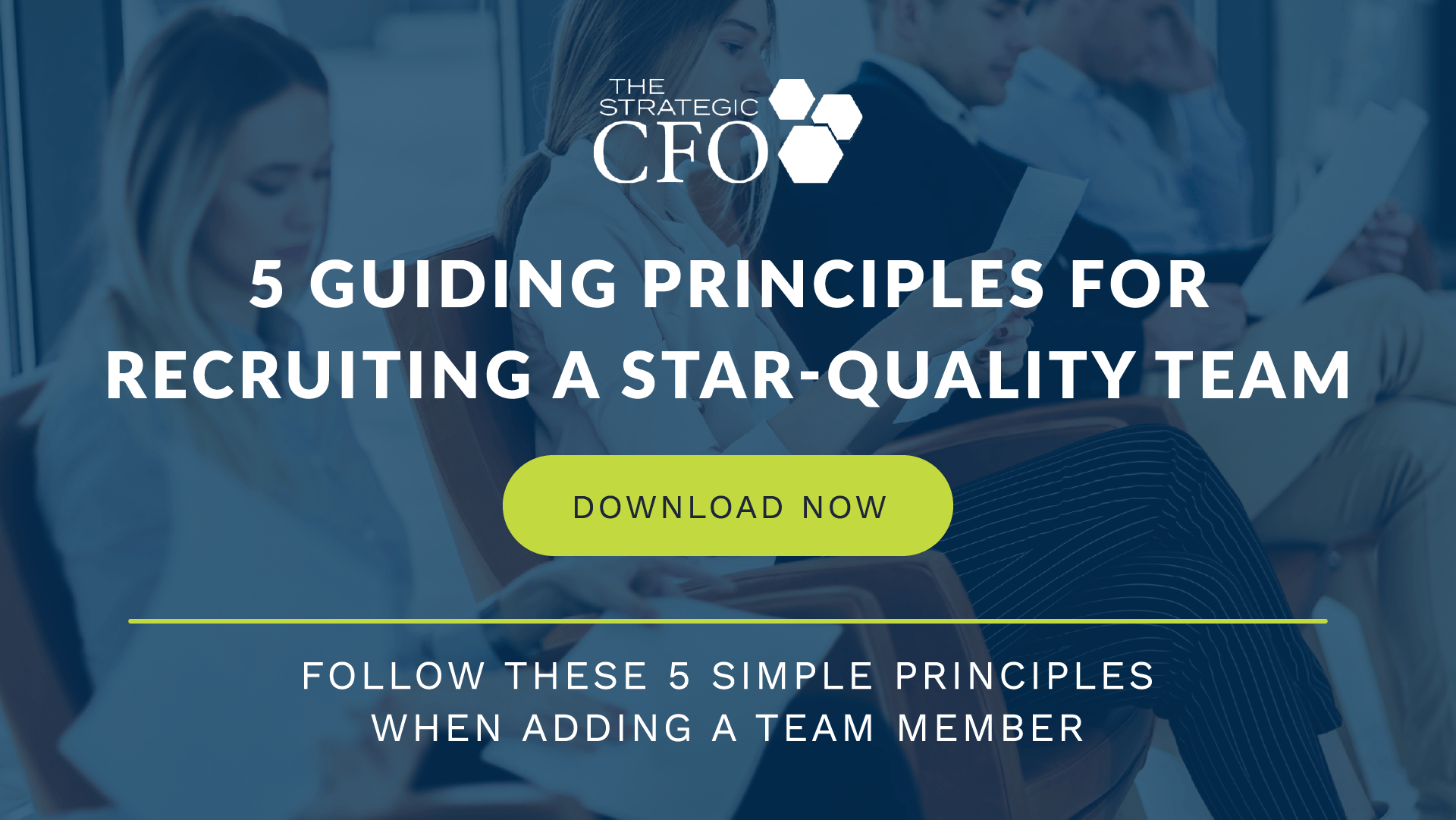See Also:
Defining a Professional Employer Organization (PEO)
Advantages if Professional Employer Organizations for the Business Owner
How to select a PEO
PEO Compared to Outsourcing Payroll
Professional Employer Organization FAQs
Co-employment in a PEO Agreement?
Legally, referred to as a “Joint Employer” relationship, co-employment is often used to describe the relationship among two or more employers when each has specific actual or potential legal responsibilities to the same worker or group of workers.
Professional Employer Organization (PEO)
The PEO relationship involves a contractual allocation and sharing of employer responsibilities between the PEO and the Business Owner. Call this shared employment relationship “co-employment”.
As provided by the Texas Staff Leasing Services Act, the Business Owner and the Professional Employer Organization (PEO) become “co-employers”. The Business Owner, the “work site employer”, retains workplace management and supervisory control of the “co-employees” and the Professional Employer Organization (PEO), the “employer of record”, becomes the ‘Off-Site” Payroll, Human Resources and Safety / Risk Management Groups for the “co-employees”.
Guided by the Texas Staff Leasing Services Act, the PEO assumes the responsibilities for Payroll and Human Resources Administration, Safety and Risk Management, Workers’ Compensation.
Evaluation Roles
When evaluating the employer’s role of either the PEO or the Business Owner, examine the facts and circumstances of each employer obligation separately, because neither party alone is responsible for performing all of the obligations of employment. Each party will be solely responsible for certain obligations of employment, while both parties will share responsibility for other obligations. When the facts and circumstances of a PEO arrangement are examined appropriately, both the PEO and the Business Owner will be found to be an employer for some purposes, but neither party will be found to be “the” employer for all purposes.
Both the PEO and the Business Owner establish a common law employment relationship with the “co- employees”. The PEO assist/advises/consults the Business Owner and “co-employees” in matters involving Human Resource Management and Compliance with Employment Laws.
The Business Owner directs and controls the “co- employees” in the responsibilities of acceptable Performance and Customer Service Standards.
Additionally, the Business Owner provides the “co-employees” with the tools, instruments, and place of work. The PEO can assist in ensuring that the “co-employees” are provided with a worksite that is safe, conducive to productivity and operated in compliance with employment laws and regulations. Additionally, the PEO provides the “co-employees” with workers’ compensation insurance, unemployment insurance and a broad range of employee benefits programs.
Determine which candidates are the right fit for your company using our 5 Guiding Principles For Recruiting a Star-Quality Team.
[box]Strategic CFO Lab Member Extra
Access your Recruiting Manual Execution Plan in SCFO Lab. The step-by-step plan recruit the best talent as well as avoid hiring duds.
Click here to access your Execution Plan. Not a Lab Member?
Click here to learn more about SCFO Labs[/box]













